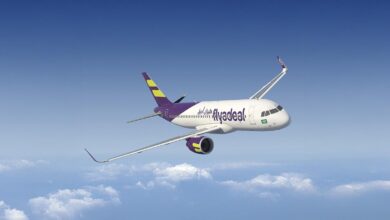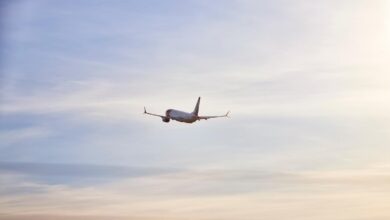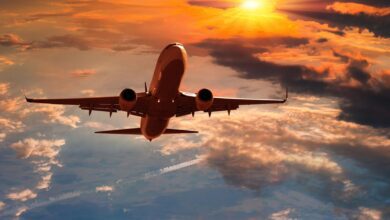Ryanair Would Consider China’s C919 Over Boeing 737s “If It Was Cheap Enough”

Michael O’Leary, CEO of Ryanair , has drawn attention for implying that the Irish low-cost carrier may consider buying planes from China if the price were right, according to Skift, a travel industry news site.
“The Chinese are basically building a f**king A320. So if it was cheap enough – 10 or 20% cheaper than an Airbus aircraft – then we’d order it,” O’Leary said on Thursday. His statement highlights Ryanair’s focus on securing the best value for its fleet, particularly in a competitive and often volatile airline market.
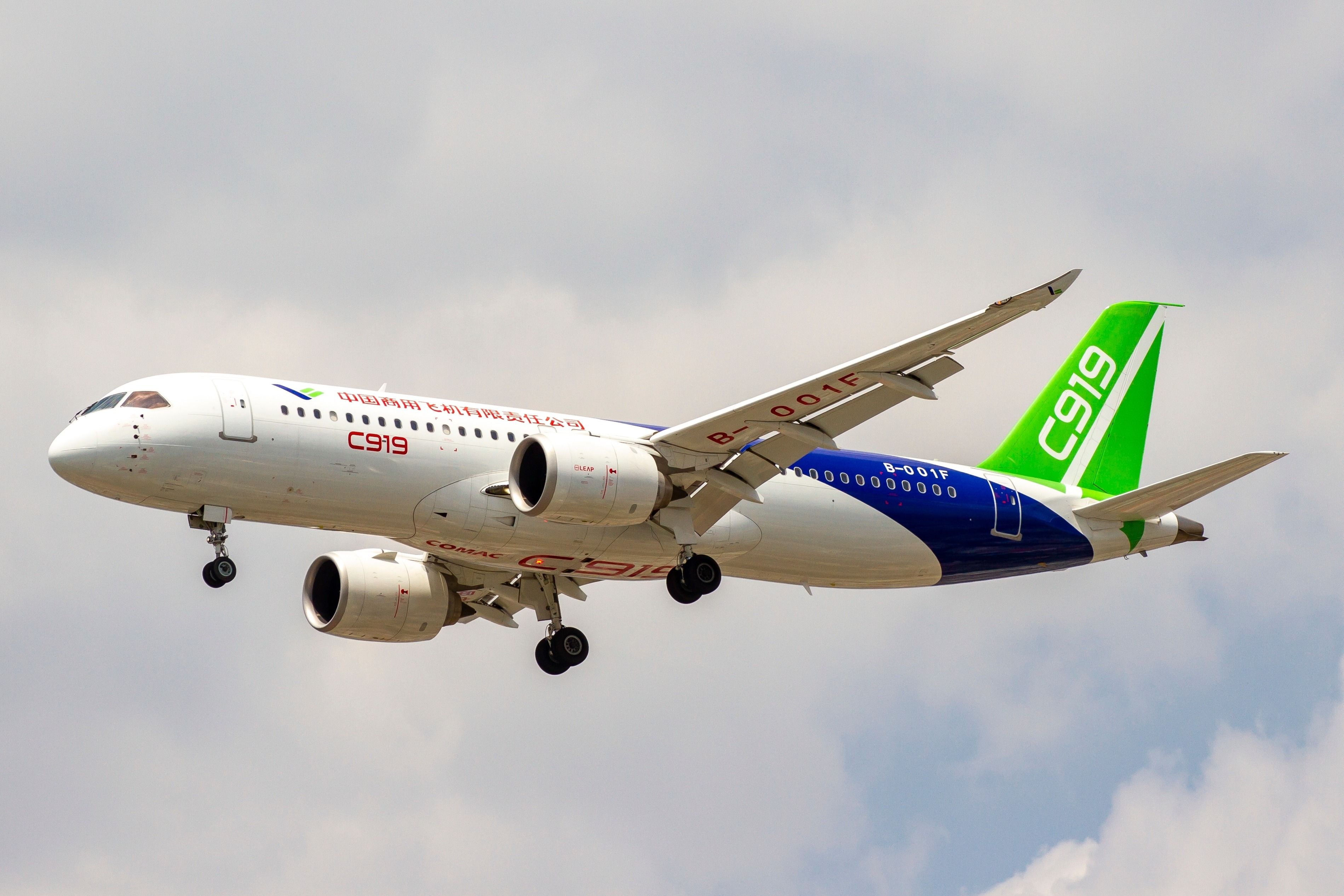
Chinese aircraft gaining traction
The C919 produced by China’s Commercial Aircraft Corporation (COMAC), has been seen as a possible competitor to the Boeing 737 and Airbus A320. Currently, the aircraft is certified by the Civil Aviation Administration of China (CAAC) for domestic operations, but analysts believe it could eventually be approved for Western markets, opening up significant opportunities.
Ryanair has been interested in Chinese planes for over ten years. In 2011, the carrier announced a design partnership with COMAC.
“Ultimately the aircraft will be certified. We’re always focused on buying aircraft at the lowest possible price and at the most opportune time. I don’t care who makes them, whether it’s Boeing, Airbus, or COMAC. As long as the price is right, we’d buy it.”
With an all-Boeing fleet for its primary airline, Ryanair has been a significant  Boeing customer for a long time. Nonetheless, a limited number of Airbus A320 aircraft are flown by its Austrian affiliate, Lauda Europe . O’Leary also hinted at the possibility of expanding Ryanair’s fleet to include Airbus aircraft for its Lauda operations, though he noted that no reasonable deals for new Airbus jets are expected before 2030. For now, Ryanair remains focused on purchasing aircraft at the lowest price, regardless of the manufacturer.
Boeing customer for a long time. Nonetheless, a limited number of Airbus A320 aircraft are flown by its Austrian affiliate, Lauda Europe . O’Leary also hinted at the possibility of expanding Ryanair’s fleet to include Airbus aircraft for its Lauda operations, though he noted that no reasonable deals for new Airbus jets are expected before 2030. For now, Ryanair remains focused on purchasing aircraft at the lowest price, regardless of the manufacturer.
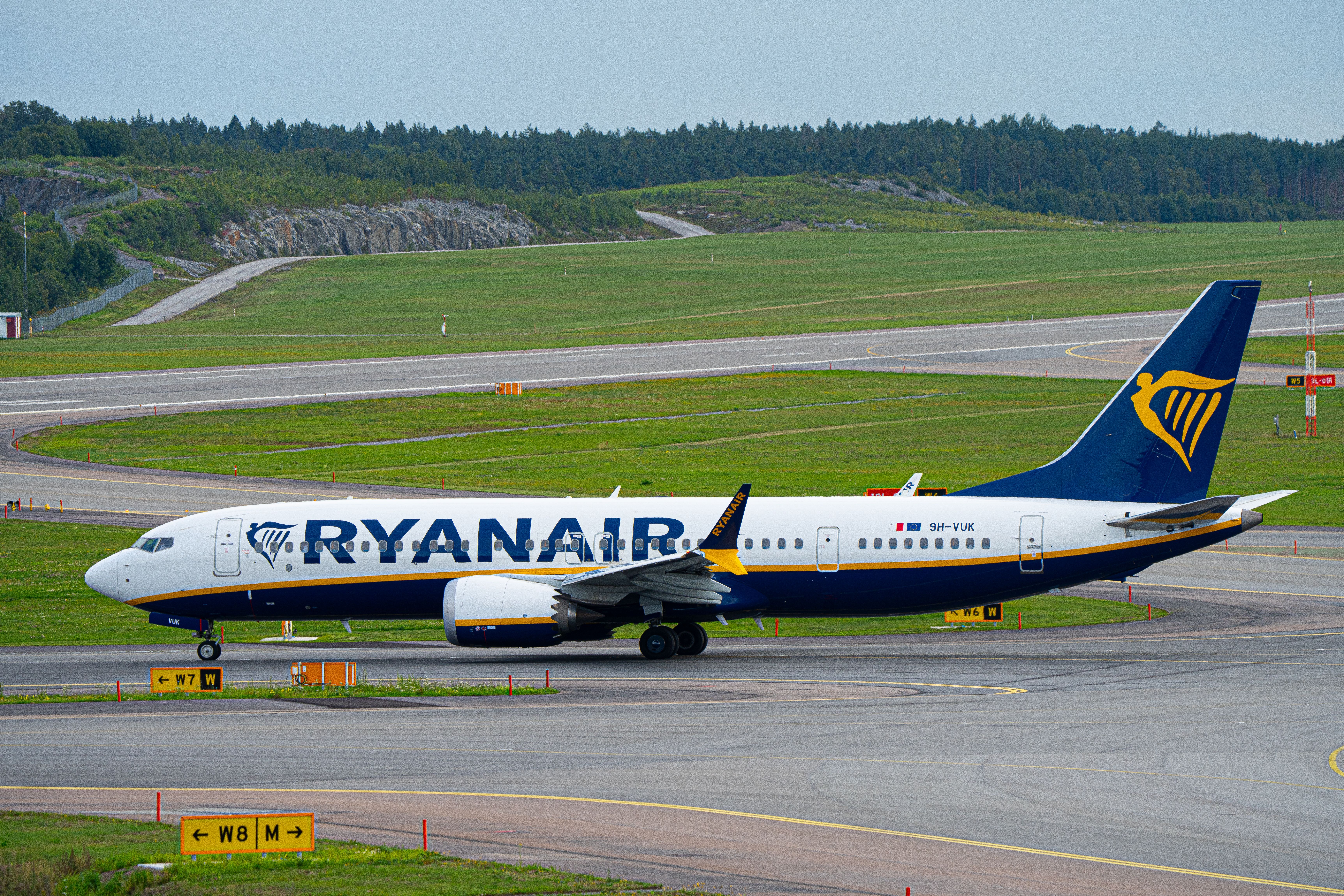
“I’m not wedded – it doesn’t all have to be 737s, but if we are going to order replacement aircraft they have to be cheap, and that means we have to have cash on the balance sheet that means we’re able to order aircraft during a crisis.”
Ryanair’s financial strategy focuses on buying aircraft during downturns to get better prices, helping the airline stay competitive and grow. Despite recent delivery delays from Boeing, which caused Ryanair to lower its passenger forecast for the following years, the airline still aims to increase its passenger numbers from 200 million to 300 million by 2033 or 2034 if aircraft deliveries improve.
Progress in engine development: China’s C919 shows promise
The development of China’s homegrown turbofan engine for the COMAC C919, the CJ-1000, is showing promising progress, according to experts and top executives at the Aero Engine Corporation of China (AECC), Hong Kong’s South China Morning Post reported on Saturday. The engine, designed as a domestic alternative to the Leap engine by CFM International, is “progressing well” in recent trials. The SCMP was informed by the deputy general manager of AECC Chengdu Engine, that a C919 will be able to be powered by the CJ-1000 engine “soon” during verification flights.
In addition to engine development, COMAC is increasing its production capacity for the aircraft as well, according to SCMP. Plans shared at a recent supplier conference indicate that COMAC will ramp up C919 production to 75 planes this year, a 50% increase from the original target of 50 jets. The company also revealed ambitious plans to reach an annual production capacity of 200 planes by 2029. This expansion comes as part of China’s efforts to challenge the Boeing-Airbus duopoly in the global aviation market, with the C919 seen as a potential rival to popular Western narrowbody aircraft.
Rising costs and regulatory challenges ahead
Despite the ambitious plans, the C919 program faces rising costs. COMAC disclosed a significant 70% increase in procurement costs year-on-year in a production plan presented at the conference last week, bringing this year’s total to approximately 34 billion yuan (US$4.7 billion).
Some industry experts remain skeptical about the viability of Chinese-built aircraft in Western markets. Steven Udvar-Hazy, chairman of Air Lease, voiced concerns about the C919, stating that he does not believe the aircraft will be approved for commercial flights by the United States or European regulators in its current form.


